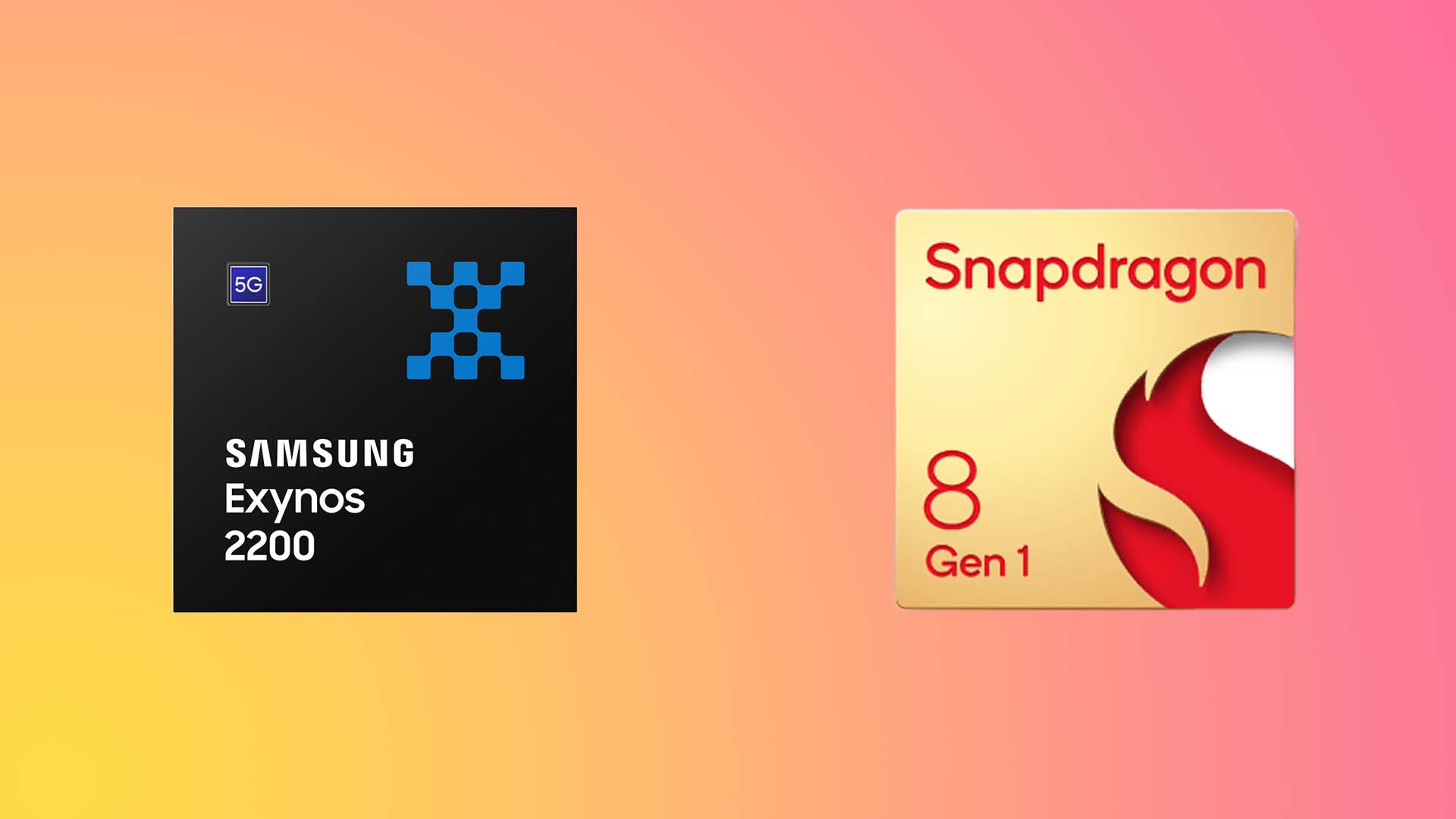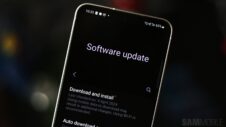There are always a lot of opinions whenever Samsung launches its latest high-end chipset. It's compared with Qualcomm's latest product. That's largely because Samsung then proceeds to ship its latest Galaxy S lineup with the Exynos SoC in some markets and the Snapdragon in others.
For the most part, Qualcomm's Snapdragon chipsets have outperformed their Exynos counterparts over the years. It got particularly embarrassing for Samsung in 2020 because all Snapdragon 865 vs Exynos 990 comparisons had Qualcomm out on top. These chipsets were used in the Galaxy S20 lineup. Things got so bad that Samsung's own shareholders started questioning why the company was keeping its Exynos program alive.
It also didn't help when Samsung made the drastic decision to choose the Snapdragon 865 over the Exynos 990 for the Galaxy S20 models released in South Korea. The company's home country had previously received Exynos-powered Galaxy S flagships. It was reported at the time that engineers at Samsung's chip division were “humiliated” that their product was skipped in favor of the Snapdragon 865 for Korean models.
This decision took a lot of people at Samsung by surprise, both at headquarters in South Korea and in the United States. The company had apparently made this decision after the Exynos 990 failed to meet performance expectations. Since 5G was an important part of the Galaxy S20's marketing strategy, Samsung opted for the more efficient Snapdragon 865 chipset.
The Exynos chipsets are a matter of pride for the people that work in Samsung's chip division. It was understandable why they felt the way they did when it emerged that the Exynos chipset that had been engineered and built in South Korea was not chosen for the flagship smartphone series of South Korea's top company.
Be that as it may, Samsung clearly had some concerns which led it to make that decision for the Galaxy S20 series. Does the company have concerns about its new Exynos 2200 chipset? Multiple reports have now suggested that the Galaxy S22 series handsets released in South Korea will use the Snapdragon 8 Gen 1 instead of the Exynos 2200.
The vibe about the Exynos 2200 hasn't been good in recent weeks. Samsung missed its previously announced launch date for the chipset. This led to rumors that perhaps the entire Galaxy S22 series may use the Snapdragon 8 Gen 1 instead. The company ultimately unveiled the SoC on January 18 but didn't really make any major claims about its performance.
You'd expect Samsung to be shouting off the rooftops about how it has significantly improved the Exynos 2200's performance. Let's not forget that this is also the first chipset from Samsung that features a custom AMD GPU. There is a lot to talk about on the performance front but Samsung has been surprisingly tight-lipped.
Samsung hasn't even released the full technical specifications of the chipset as yet. The exact CPU frequencies of the Exynos 2200 remain unknown. No major technical details of the AMD RDNA2-based Xclipse 920 GPU have been revealed. You'd expect more fanfare for a chipset that's supposed to change the way we think about mobile processors, particularly about their ability to provide powerful gaming experiences.
Either Samsung doesn't want to get our hopes high too much and is just playing it safe or the company has hit it out of the park completely and is just keeping quiet to build the hype. In that case, once the Galaxy S22 series actually hits the street and the real world performance experiences start coming in, everyone will be singing praises for its new chipset.
The latter appears more far-fetched. It would beg the question if Samsung was so confident why didn't it choose to use the Exynos 2200 for the Korean Galaxy S22 lineup? Granted, those rumors still remain unconfirmed, and we may end up with Exynos-powered variants when the new flagship series is released next month.
It wouldn't be surprising if Samsung is facing challenges with its new chipset. This represents a big change for the Exynos program. The first-time integration with a custom AMD GPU may have left room for improvement. Perhaps it hasn't turned out to be as efficient as the company would have hoped. This is all speculation, obviously.
Right now, though, what's rumored to happen is crushing the high hopes that people had from the Exynos 2200. One can only hope that Samsung is able to take its Exynos-AMD project from strength to strength in the coming years.







